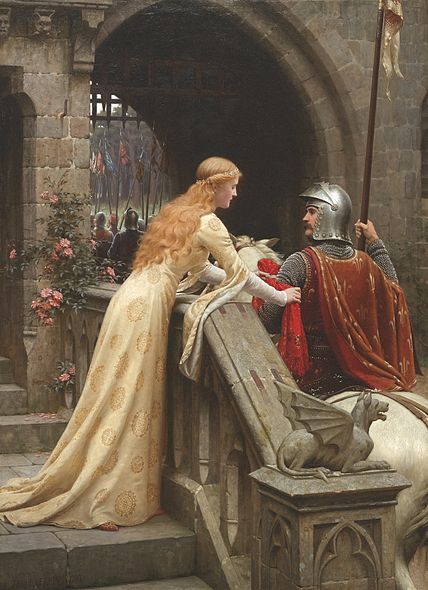I'm male and I know that I've spent more time in my youth than was probably healthy designing the ultimate fantasy castle for a character... D&D: Interior Design isn't as far away from the common experience as people think.
Did you do it alone or with the entire party?
The Sims is a great game, I think. But can it be framed as an RPG? (Not necessarily a D&D RPG. Just a roleplaying game.)
I am not sure the house-building part in The Sims is anything but a single player aspect. There doesn't seem to go much role-playing into it, either. The social interactions between the Sims - maybe that can be modeled in an RPG, too. Or would that result to too much abstraction?
"Okay, Samanta rolls for Chatting. I pick Weather as topic." *rolls the dice* "24!"
"Hmm. Luke doesn't really like Weather as topic, he finds it shallow. But with a 24, he just enjoys talking with you, and his attitude improves by 1."
"I spend
Charming Beauty to increase that by another point."
"Hey, okay. He is now Interested. Reseveration roll is 15." He doesn't act on it yet and instead tries to disengage. Politeness 11."
"My Insistence score is 10." "Okay, he is a little hasty, so you get a choice - let him go and gain 2 charm points against him, or continue the conversation."
"Ah, I let him go. I might need that points later. I think Samantha wants to pursue a real relationship this time, and you know my luck with the dice in these situations..."




